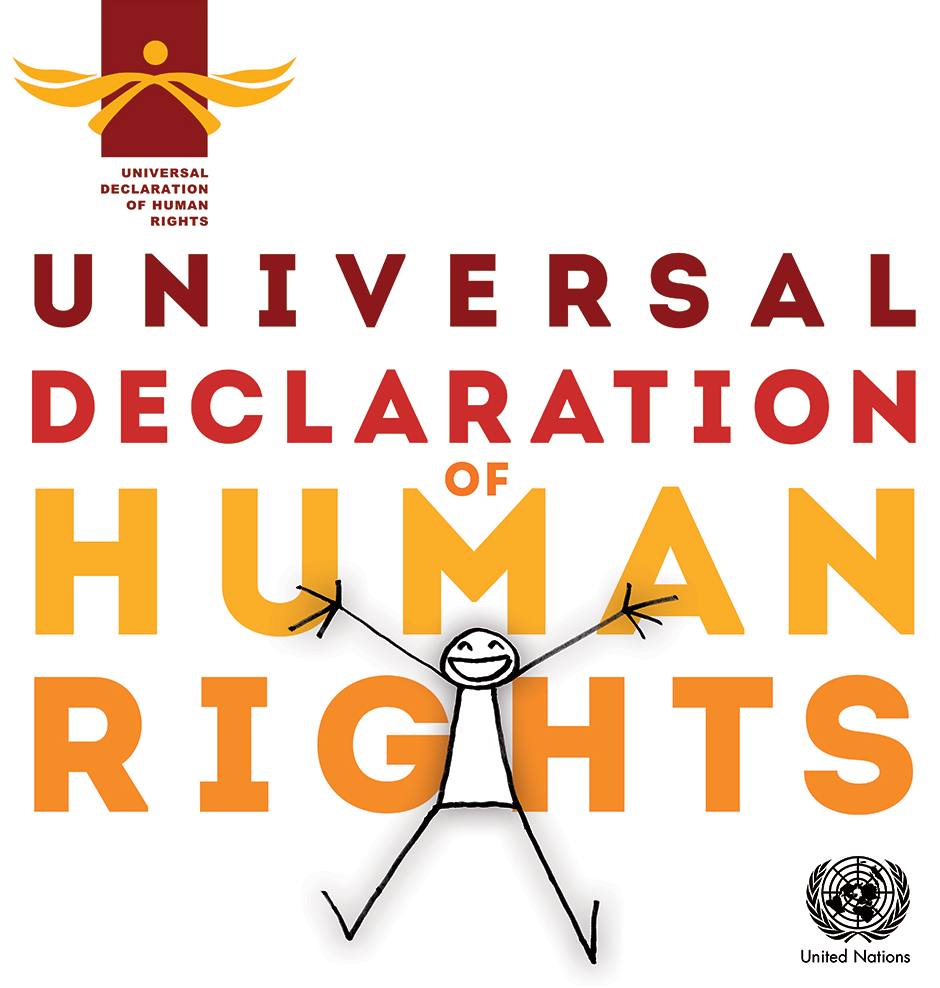In the grand tapestry of human coexistence, the principles encoded in the Declaration of Human Rights resonate profoundly with Christian teachings. As individuals reflecting on the moral imperatives of our faith, we are called to examine how these principles can guide our conduct and interactions with others. But here’s a playful question: what if each of us acted as if we were living out these human rights in our daily lives? Would the world be a different place? Or would the challenge reveal deeper dimensions of our humanity?
At its core, the Universal Declaration of Human Rights (UDHR) outlines a set of fundamental rights that underscore the dignity of every individual. Drafted in the aftermath of World War II, its inception was a response to the atrocities of conflict and a call towards a more just and peaceful world. Within this proclamation exists a profound invitation for believers to engage—not merely as passive observers but as active participants in the flourishing of humanity.
The first principle to contemplate is that of inherent dignity. Article 1 of the UDHR states that “All human beings are born free and equal in dignity and rights.” From a Christian perspective, this aligns splendidly with the doctrine that humans are created in the image of God (imago Dei), an affirmation that endows each person with immeasurable worth. In recognizing our inherent dignity, we embrace the responsibility to uphold the dignity of others, extending love and compassion, akin to the teachings of Christ.
However, the challenge arises: how do we reconcile this ideal with the realities of inequity that permeate society? The call to love our neighbor must transcend mere sentimentality; it invites concrete action. The truth is, when we neglect the dignity of others—whether through silence in the face of injustice or inaction against societal ills—we risk violating the very essence of these cherished rights.
Next, we delve into the principle of equality, epitomized in Article 2, which asserts that every person is entitled to the rights set forth in the Declaration without discrimination of any kind. In Galatians 3:28, the Apostle Paul reinforces this notion: “There is neither Jew nor Gentile, neither slave nor free, nor is there male and female, for you are all one in Christ Jesus.” This profound unity calls Christians to pursue justice actively and rectify the inequitable structures that prevail in society. What if the Church led the way in championing equity? Imagine a collective movement towards eradicating discrimination in all its forms, inspired by a rich understanding of our shared humanity.
Another critical principle is the right to freedom of thought, conscience, and religion, which Article 18 details. This right resonates with the Christian understanding of a personal relationship with God, wherein faith cannot merely be legislated or commodified. Christians are called to uphold the sanctity of individual conscience while advocating for a pluralistic society that honors diverse beliefs. Yet, the irony persists: when believers engage in exclusionary practices or fail to extend grace to those outside their faith community, they paradoxically undermine the freedom they cherish. Hence, the challenge we face may be whether we can embody the radical love of Christ while engaging harmoniously with differing worldviews.
Furthermore, the right to a fair trial, addressed in Article 10, emphasizes the importance of justice in society. For Christians, justice is not merely a legalistic concept but an expression of God’s character. Micah 6:8 articulates this beautifully: “He has shown you, O mortal, what is good. And what does the Lord require of you? To act justly and to love mercy and to walk humbly with your God.” Here lies the challenge: how can Christians advocate for a just legal system while simultaneously fostering mercy? It requires a delicate balance, but it is a necessary endeavor that reflects God’s love in action.
Article 26 speaks to the right to education, an essential element for personal and societal development. Education fosters not only literacy but critical thinking and empathy—qualities vital for creating compassionate communities. However, in a world rife with educational disparities, the challenge presents itself for the Church: how can it ensure equitable access to education for all? Investing in educational initiatives and engaging in dialogue about systemic barriers can transform lives, instilling hope in marginalized communities.
Lastly, as we explore the interconnectedness of these articles, we must ask ourselves how they are enacted in our own lives. Are we advocates for the voiceless? Do we extend kindness to those who are different from us? The eminent theologian Dietrich Bonhoeffer once remarked, “The ultimate test of a moral society is the kind of world that it leaves to its children.”
As we endeavor to uphold the principles enshrined in the Declaration of Human Rights, we are not simply adhering to a foundational document but engaging in a robust ethical framework that complementarily reinforces our Christian values. The tension between idealism and reality may discourage us; however, grounded in faith, we are equipped to face these challenges with grace and integrity. How might living out these human rights transform our communities? In seeking this transformation, we embody the love of Christ, fostering an environment where dignity, equality, and justice flourish for all.



